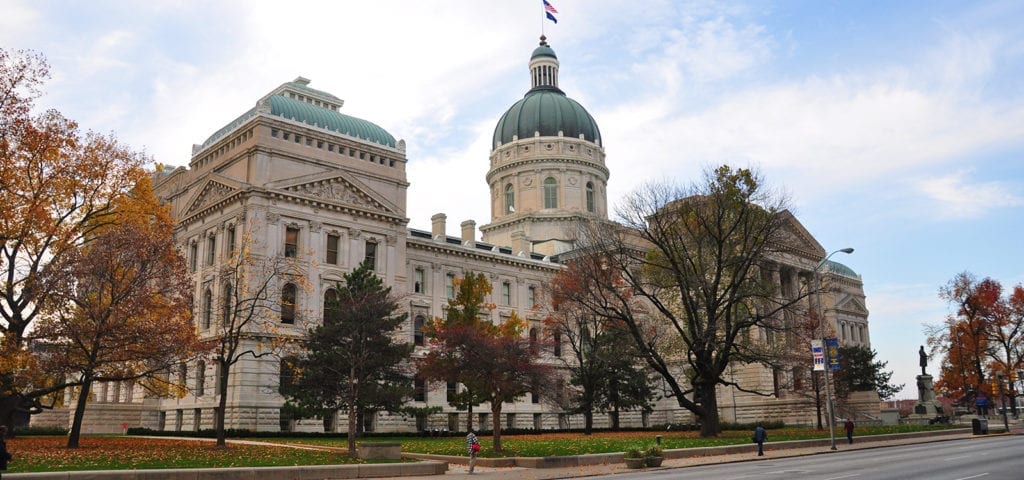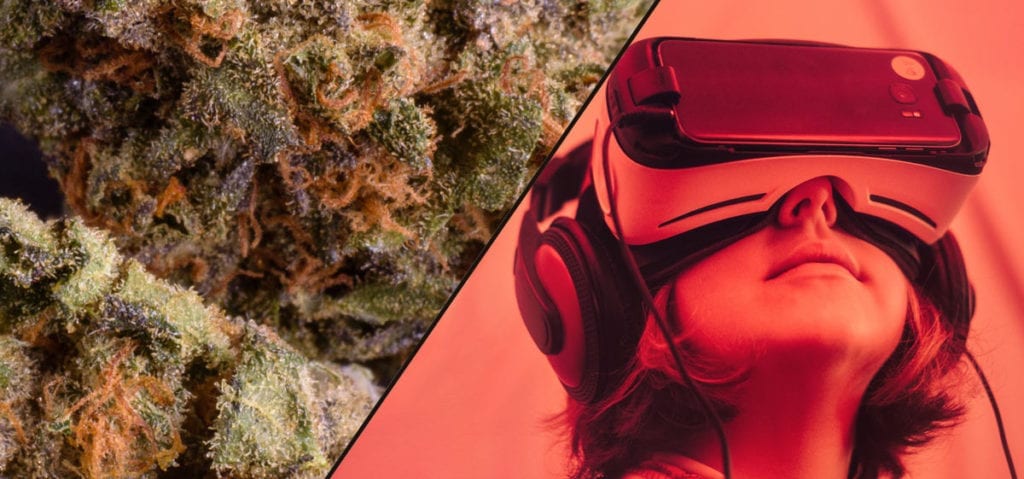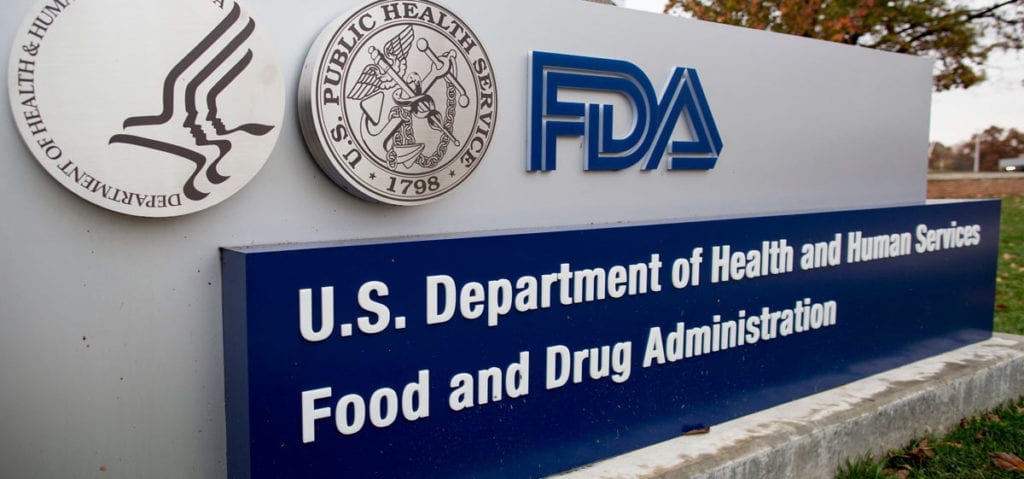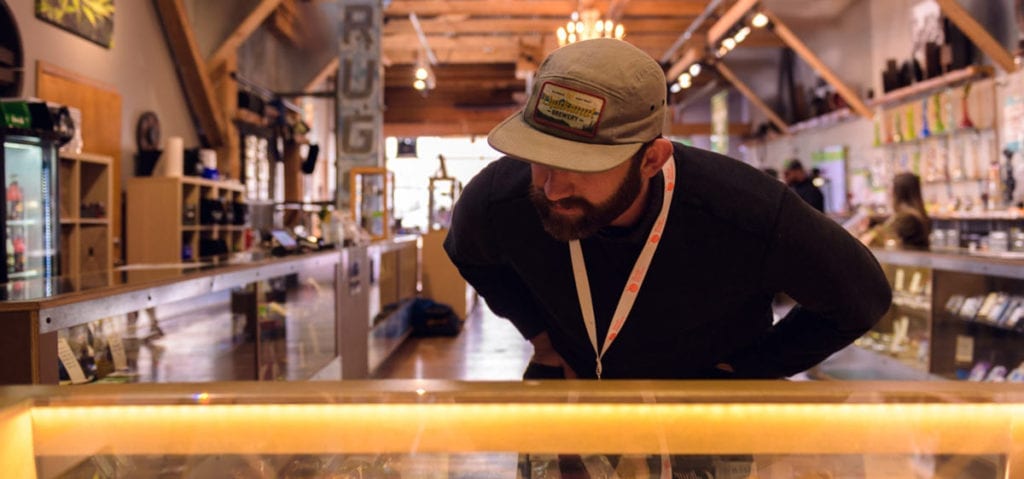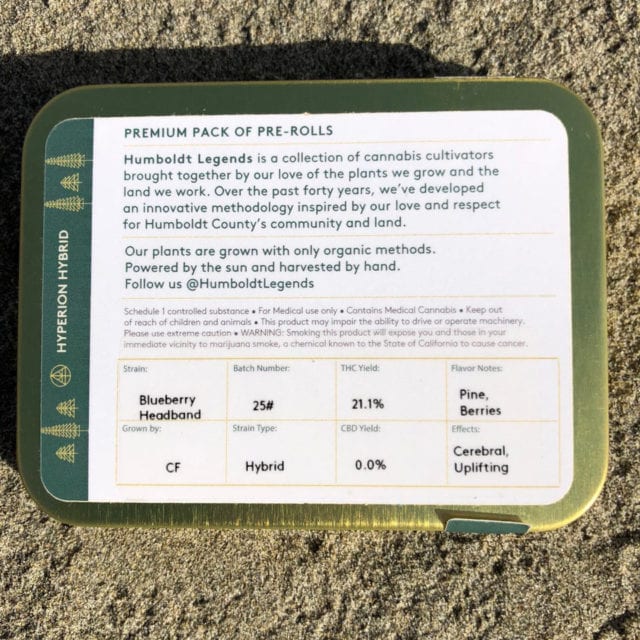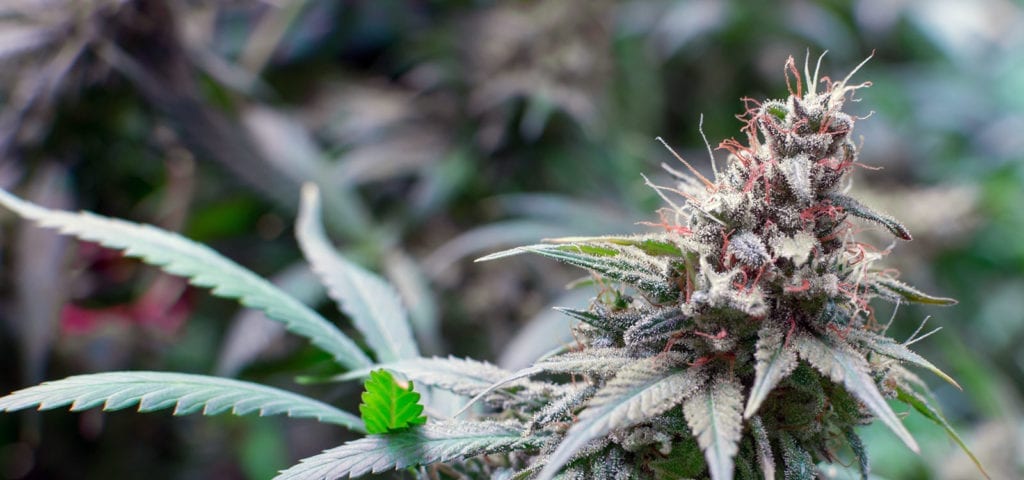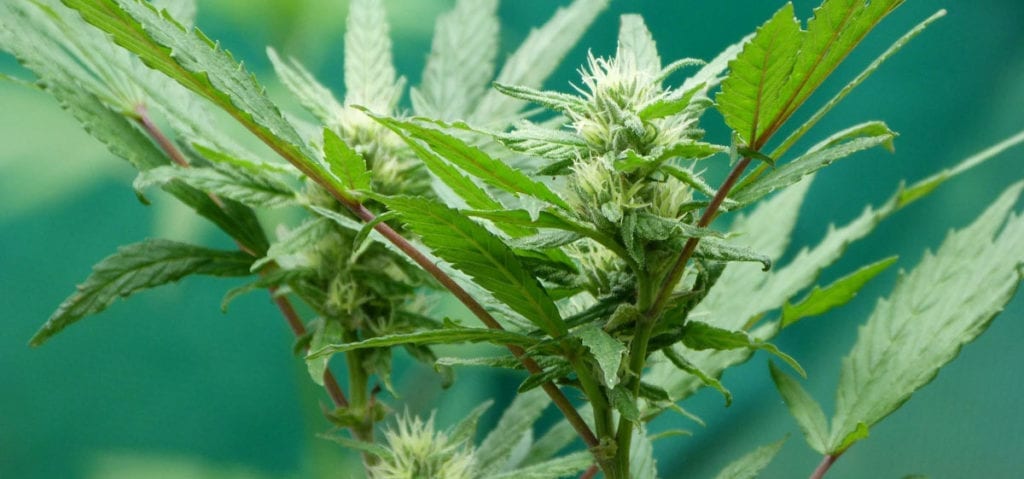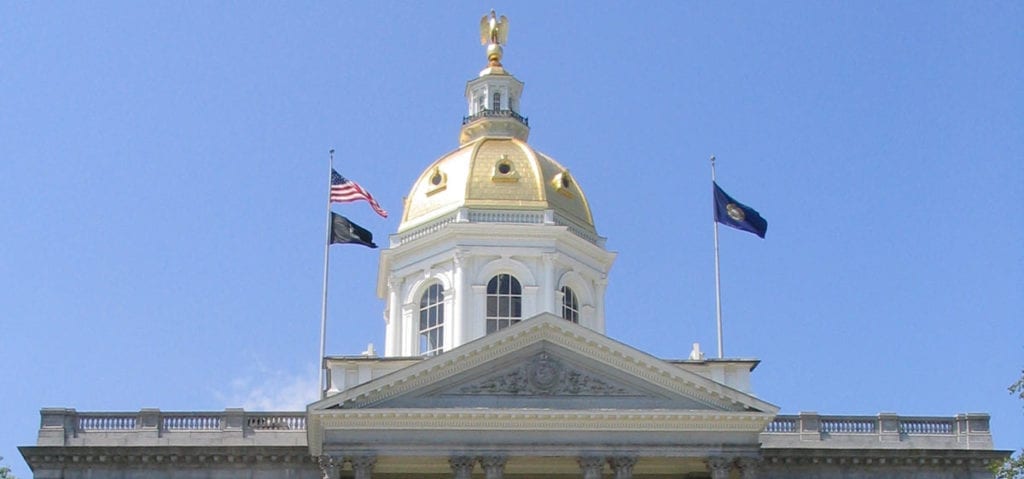No industry has undergone rapid evolution quite like the cannabis industry. Although the substance has been around for a very long time (it was included in the Chinese book of pharmacopeia some 2,000 years ago), the cannabis plant has only recently re-emerged in modern medicine. In the latter part of the 19th century, cannabis was widely available in pharmacies. You might have even found the “Schedule 1” drug stocked on grocery shelves once upon a time!
History is starting to repeat itself, as today’s cannabis entrepreneurs experiment with innovative extraction methods for the creation of potent distillate oils and controlled-dose edible products. If science is anything to go by (and it should be), then these products should be a welcome addition to any pharmaceutical cabinet.
Demand for Cannabis Innovation is Booming
As cannabis reform blossoms around the U.S. and most recently Canada, demand for high-tech innovations are sprouting. Cannabis’ negative stigma is lifting. By 2025, the global legal cannabis market is predicted to yield $146.4 billion, growing at a CAGR of 34.6%.
There are plenty of new things happening in the cannabis industry. Clinical trials are set to begin on cannabis for cancer, solar cannabis cultivation practices are being carried out, and scientists have even discovered how to make cannabinoids water-soluble. This only scratches the surface of all of the technology currently flooding the market.
Here are some other exciting tech advancements to keep on your radar:
- Seedo is a fully automated, app-controlled home-growing kit built in a self-contained ecosystem with LED lighting, internal HD cameras for monitoring, and more, all in one easy-to-use DIY package.
- PotBotics is a cross between Leafly and WebMD for cannabis connoisseurs. The startup’s PotBot app helps recommend marijuana strains for patients by using the scientific and medical research data on different strains and bodily effects in its database.
- Ehave is a mental health data company using their Ehave Connect platform to track medical cannabis patients in order to advance the therapeutic use of medical cannabis by monitoring treatment plans to prove or disprove medical cannabis’ effectiveness for different ailments, and ultimately help establish treatment guidelines for cannabis therapies.
If the industry continues to perform just as it has been, companies will continue to indulge their consumer audience with market-leading products. Moreover, 420 investors can make a confident investment when they seek out the pioneers in cannabis innovation and technology. Why? Because the more advanced a cannabis company’s techniques, the more appealing they become to consumers.
Technology’s Importance in the Cannabis Industry
It’s not just consumers that benefit from the use of technology but also, investors and anyone else connected with use of the plant in its extracted form. Companies who continuously practice innovation by means of product acquisition and development can effectively serve the demand that is being felt from the edibles and oil extracts segment of the market.
Using technology demonstrates a company’s ability to keep up with the times (demand for cannabis products is outpacing supply in Canada) and maximize the potential of cannabis’ primary cannabinoids, THC (tetrahydrocannabinol) and CBD (cannabidiol).
Take Nutritional High, for example. The company uses technology not only to create first of it’s kind products like the FLÏ™ Chocolate shot (a one-of-a-kind micro-dose chocolate paste that won’t melt in the heat or freeze in the cold), but also to create radical new customer experiences. The Mile High FLÏ™ Club app drives customers to dispensaries with the FLÏ™ Nearby function, and rewards customers for repeated purchases with discounts and swag. The cutting edge program shows consumers and dispensaries alike that Nutritional High is a leader in the market space.
Adapting to Changing Consumer Preferences
As millennials continue to dominate the cannabis market with their desires for clean, organic, and healthy cannabis, cannabis companies will increasingly focus on non-carcinogenic methods of delivery like distillate oils and controlled-dose edible products that match those desires.
Cannabis ‘dabbing,’ for example, has become more popular among heavy cannabis users in recent years as a clear alternative to smoking. Dabbing is the process of inhaling cannabis from a refined extract which provides a healthier form of smoking with the same quick onset effect.
With an equally health-focused demographic Generation Z slowly entering the marketplace, the demand for healthy alternatives to smoking will continue to grow, and will, in all likelihood, become the norm.
Pushing the Industry Forward
Companies that are capable of creating market-leading products that can appeal to a diverse audience are most certainly the ones to watch. Brands that have and continue to meet the demands of the swelling cannabis consumer target market can effectively promote other brands to do the same. With more innovations in cannabis-related technology, companies that can adapt to change within the ever-evolving realm of legal cannabis will pave the way for industry expansion.

